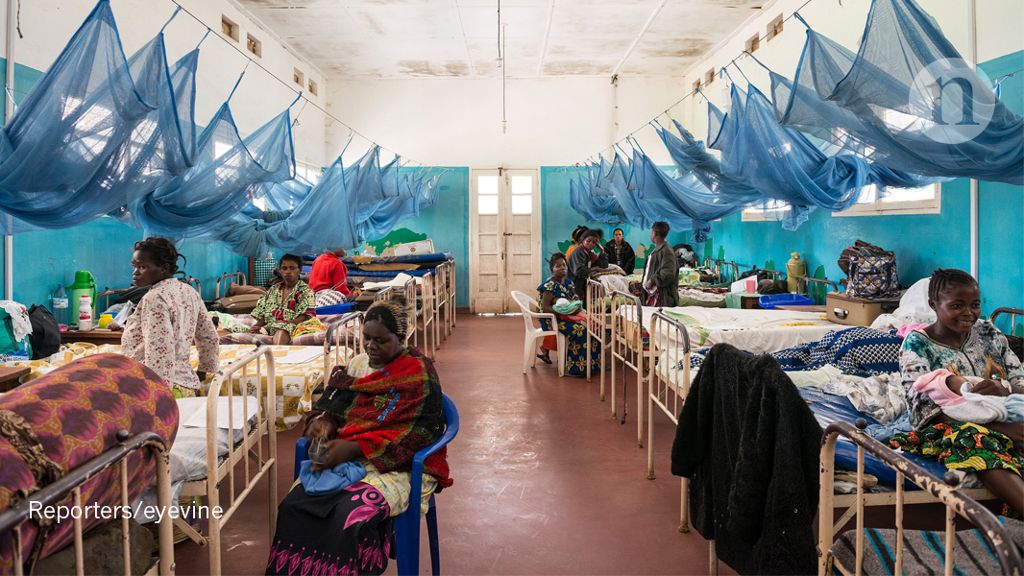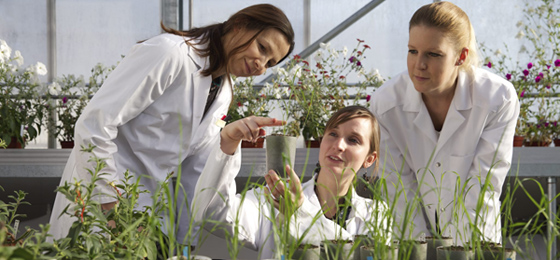Why We Need to Keep Talking About Equality in Physics
Jess Wade and Maryam Zaringhalam discuss the implications of poor diversity in physics - and what can be done to create a level playing field in the subject

Send us a link
Jess Wade and Maryam Zaringhalam discuss the implications of poor diversity in physics - and what can be done to create a level playing field in the subject

Female scientists are less likely to win research dollars from the federal government's grant agency (CIHR), when the grant application is reviewed based on the scientist leading the project, rather than the proposal.

Promising immunizations for diseases that affect mostly people in low- and middle-income countries need help getting to market.

What contributes to gender-associated differences in preferences such as the willingness to take risks, patience, altruism, positive and negative reciprocity, and trust? Falk and Hermle studied 80,000 individuals in 76 countries who participated in a Global Preference Survey and compared the data with country-level variables. They observed that the more that women have equal opportunities, the more they differ from men in their preferences.
New rules requiring a female presence on doctoral defence panels at the University of Glasgow will push more ‘unrewarded’ academic tasks on to women, critics claim.

A statement by the High Energy Physics Community about a talk given at CERN by Alessandro Strumia, a well-known particle theorist who is a Professor of Physics at the University of Pisa and a current associate of the theory department at CERN. He argued that the primary explanation for the discrepancies between men and women in theoretical physics is that women are inherently less capable.

Australia's parliament has a problem retaining experienced women. As a workplace, it's not alone.

The SNSF promotes women in research with the PRIMA funding scheme and its equality grants. A legal opinion now confirms that these equality measures are not just legally valid. They are necessary.

Maria Goeppert Mayer was relegated to unpaid and "volunteer" positions for most of her academic career.

A study released last week revealed that while women account for 13% of startup founders, they hold only 6% of founder equity.
The Swiss Science Council reports that according to recent statistics, the gender gap in the technical sciences and engineering fields is still disproportionately high in Europe and North America. European countries with high-income have a surprisingly low proportion of female engineers in research and industry, in comparison to developing countries like Eastern Europe, Central and South Asia and Latin America.